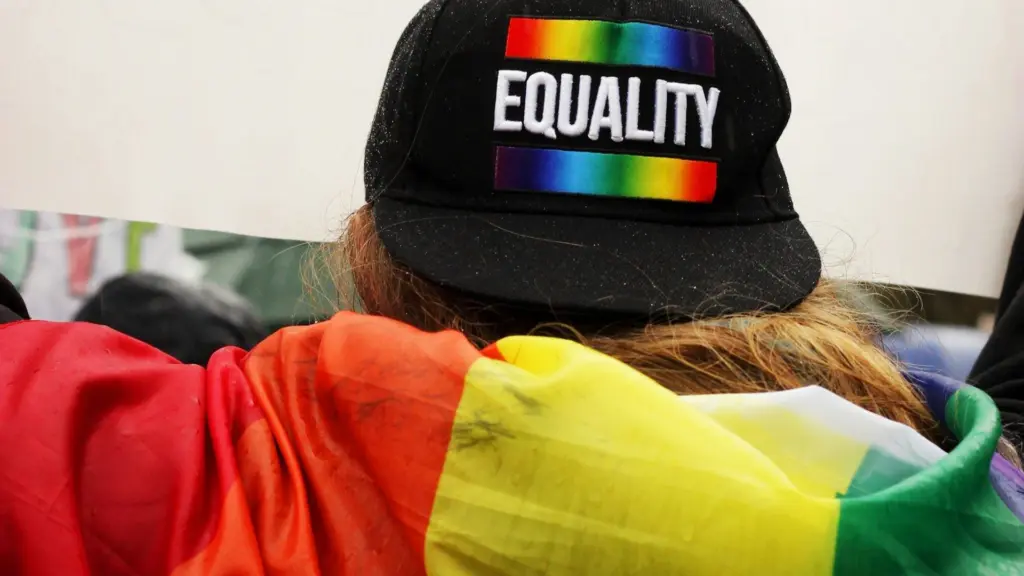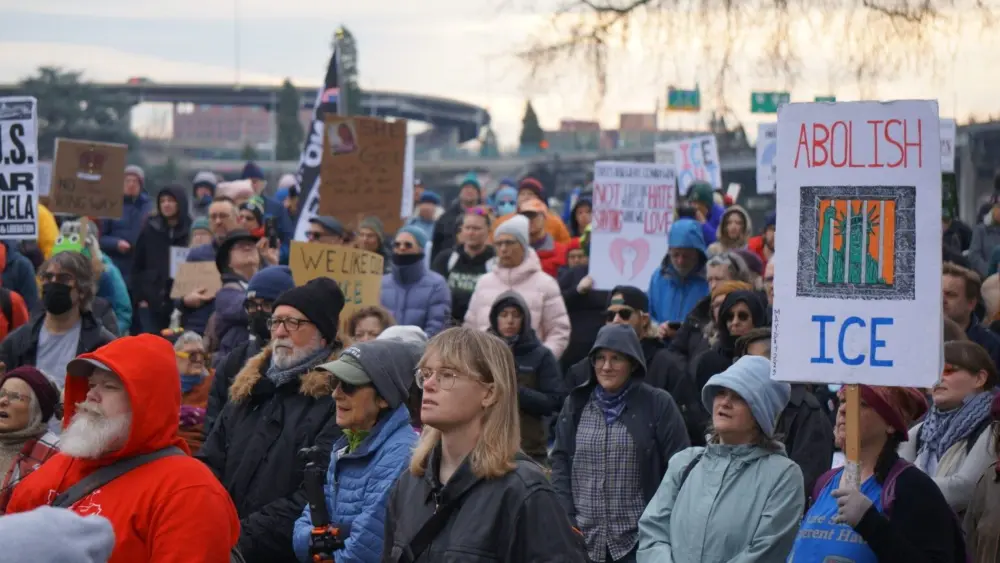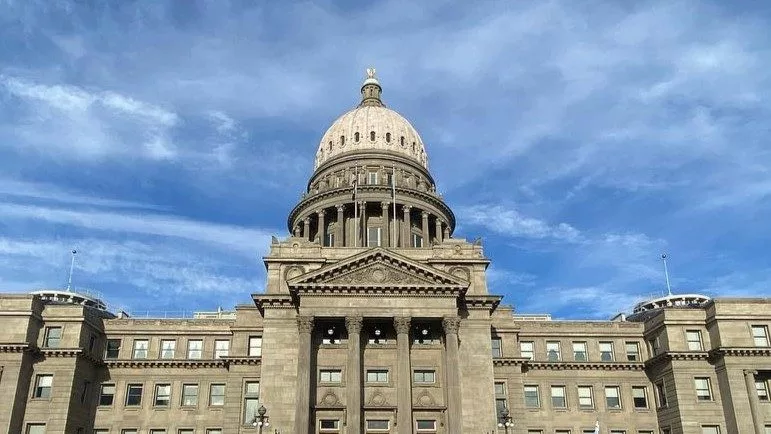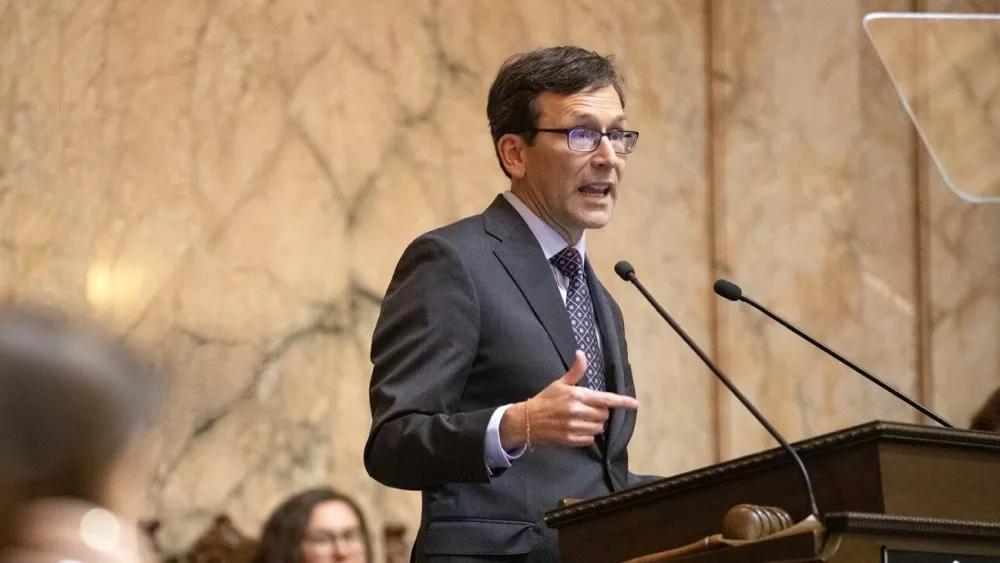YAKIMA, WA – A Christian ministry in Yakima and the state of Washington are clashing in federal court over whether the religious group can decline to hire LGBTQ+ employees.
The Union Gospel Mission of Yakima runs a homeless shelter, addiction recovery programs and medical and dental clinics. The mission wants only to hire employees who follow the biblical notions forbidding sex outside of marriage and between anyone other than a man and woman.
State law forbids hiring practices based on sexual orientation, with limited exceptions for religious organizations.
Federal appeals court judges in Seattle heard arguments Tuesday in the case, which began in 2023.
The dispute serves as a First Amendment test of Washington’s anti-discrimination law and could land at the U.S. Supreme Court, where conservative justices have signaled interest in interrogating the statute. At least two other lawsuits over the law are also underway.
“The First Amendment does not allow the government to force a religious organization to hire someone who rejects its faith,” said the mission’s attorney Jeremiah Galus, from the conservative Christian law firm Alliance Defending Freedom.
The arguments at the 9th U.S. Circuit Court of Appeals came months after a federal judge in eastern Washington blocked the state from enforcing the law against the gospel mission. The attorney general’s office has said it has no plans to take action.
The state appealed, leading to Tuesday’s court hearing.
The three-judge panel in a Seattle courtroom sounded skeptical of the state’s arguments. Judge Johnnie Rawlinson noted the courts’ history of respect for the right to practice religion without government interference.
“It’s really difficult to use a state law to negate those rights,” said Rawlinson, a Clinton appointee. “It’s a difficult challenge.”
The case began after the mission reportedly chose to take down two job postings focused on information technology and operations because of applicants with opposing beliefs on sexual orientation. The mission said the positions are “ministerial,” in line with a state Supreme Court ruling exempting such employees.
The state agreed and argued that this makes the case moot.
But Judge Patrick Bumatay suggested the opposite is true. By saying it won’t go after the mission for these employees, the state implies it could enforce the law when the group goes to hire for other positions, he said.
“It almost heightens the need for this pre-enforcement action,” said Bumatay, a Trump appointee who is openly gay.
Galus on Tuesday walked back the mission’s previous argument, acknowledging the two specific employees aren’t ministerial.
Washington deputy solicitor general Cynthia Alexander said the mission is trying to broaden the current exemption for ministers.
“They want to be able to discriminate in hiring for any position,” Alexander told the panel of judges.
Attorneys general from 20 states, including Florida, Idaho and Texas, have urged the court to rule in favor of the Union Gospel Mission. The American Civil Liberties Union has sided with the state, arguing the district court’s ruling “would effectively strip an enormous number of employees of critical antidiscrimination protections.”
“That would include not only employees of religious organizations but also the thousands of employees of the religiously affiliated hospitals that account for nearly half of the hospital beds in the state and all those who work for the myriad religiously affiliated charities, among others,” the ACLU and Americans United for Separation of Church and State wrote in a court filing.
The panel made no ruling after Tuesday’s arguments. It could be months until they release one.
President Donald Trump appointed two of the three judges hearing the case, Bumatay and Judge Daniel Bress.
Headed for the high court?
The Washington Law Against Discrimination prohibits employers from refusing to hire, firing or underpaying employees on the basis of race, national origin, sex, age, disability, sexual orientation, among other grounds.
The law exempts those with fewer than eight employees, as well as nonprofit religious organizations.
In 2021, the Washington state Supreme Court ruled that the religious exemption applies only to employees considered ministers.
In that case, Seattle’s Union Gospel Mission asked the U.S. Supreme Court to take up the matter. The court declined, but Justice Samuel Alito took issue with the Washington decision, writing that it could conflict with the U.S. Constitution and “warrant review” in the future.
“The day may soon come when we must decide whether the autonomy guaranteed by the First Amendment protects religious organizations’ freedom to hire co-religionists without state or judicial interference,” Alito wrote.
“To force religious organizations to hire messengers and other personnel who do not share their religious views would undermine not only the autonomy of many religious organizations but also their continued viability,” the conservative justice continued.
Just over a year after the state Supreme Court ruling, Seattle Pacific University, a private Christian school affiliated with the Free Methodist Church, decided to keep its policy that employees follow the “traditional view on Biblical marriage and sexuality.”
Then-Attorney General Bob Ferguson launched an investigation into Seattle Pacific University’s hiring practices based on the new reading of the anti-discrimination law. In 2022, the school sued the state, arguing the probe from Ferguson, who is now governor, violated its constitutional right to religious freedom.
The following year, the Union Gospel Mission of Yakima got in on the action, filing its lawsuit against the state.
At first, a federal judge in Richland dismissed the mission’s case, since the state had taken no action to enforce the anti-discrimination law against it. The 9th Circuit reversed that decision last summer.
A few months later, the same Richland judge, a Biden appointee, sided with the Yakima gospel mission, granting a preliminary injunction.
The Seattle Pacific University case is ongoing in federal court in Seattle, with a trial set for next April.
And that’s not the only other case pending on this issue.
Two weeks ago, the 9th Circuit heard arguments in the case of another religious nonprofit, called World Vision, that rescinded a Washington woman’s job offer after learning she was in a same-sex marriage. A federal judge in Seattle had ruled World Vision violated the state anti-discrimination law.
That appeal, before a different three-judge panel, is awaiting a ruling.
Washington State Standard is part of States Newsroom, a nonprofit news network supported by grants and a coalition of donors as a 501c(3) public charity. Washington State Standard maintains editorial independence. Contact Editor Bill Lucia for questions: info@washingtonstatestandard.com.





